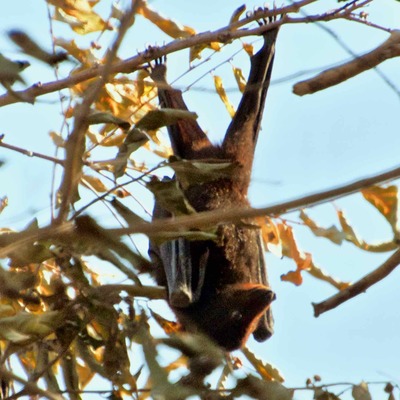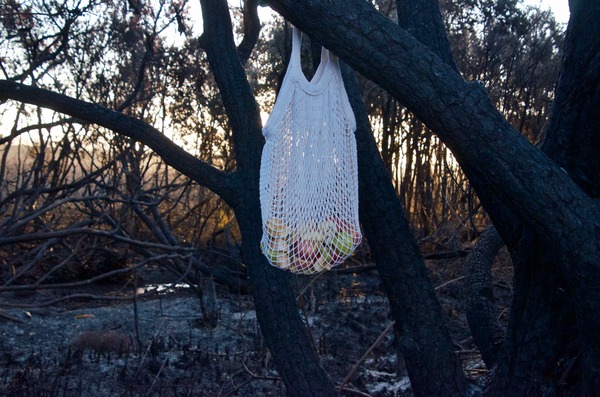Drought and bush fires are taking their toll on the local wildlife with local wildlife carers experiencing a significant influx of wildlife in distress, with bats being particularly impacted, suffering starvation and dehydration. As plant pollinators, seed dispersers and eaters of insects such as mosquitoes bats are vital for the survival of our environment.
Bat Rescue Inc are receiving several calls a day to assist flying-foxes caught on barbed wire, entangled in fruit netting, or simply lying on the ground.
Bat Rescue Inc president Sylvia Hood said the food sources they rely on such as flowering and fruiting native trees and shrubs were not producing nectar or flowering and fruiting at all. “This is a dire situation as it is birthing season from now until December for Black and Grey-headed Flying-foxes,“ she said.
“We are also receiving calls from concerned members of the public noticing flying-foxes in trees during the day, away from their colonies which is highly irregular except when food is scarce and they are guarding a feed tree. It is important to monitor these animals, and if they come down low in the tree or onto the ground we need to come and collect them and take them into care. “Sadly a large number are attacked by dogs when they come down too low, so if domestic animals can be kept inside at night that will reduce the dog attack victims. We try not to disturb animals in trees as they fly away, expending unnecessary energy.
“The recent fires have destroyed vital habitat and food sources for many native wildlife so we are urging the public to hang up fruit and water in small buckets or other suitable receptacles at least 2m high in trees as this could save many birds and mammals from starvation and dehydration. Throw a rope over a branch and hoist buckets to just under a branch before dark to minimise disturbance to nocturnal animals.“ Please don’t approach wildlife or attempt to feed directly.
PLEASE DO NOT TOUCH any sick or injured flying-foxes you find; our vaccinated volunteers will attend to the rescue. Please call the WILVO HOTLINE 5441 6200 and the call will be directed to their nearest volunteer.
are also collecting vital statistics in this starvation event so if you find any dead flying-foxes on the ground, we would like to collect the animal and record the measurements. We are aware that animals are also feeding in median-strip trees and some are being hit by cars, so if it is safe to do so we will retrieve injured road victims as well.









